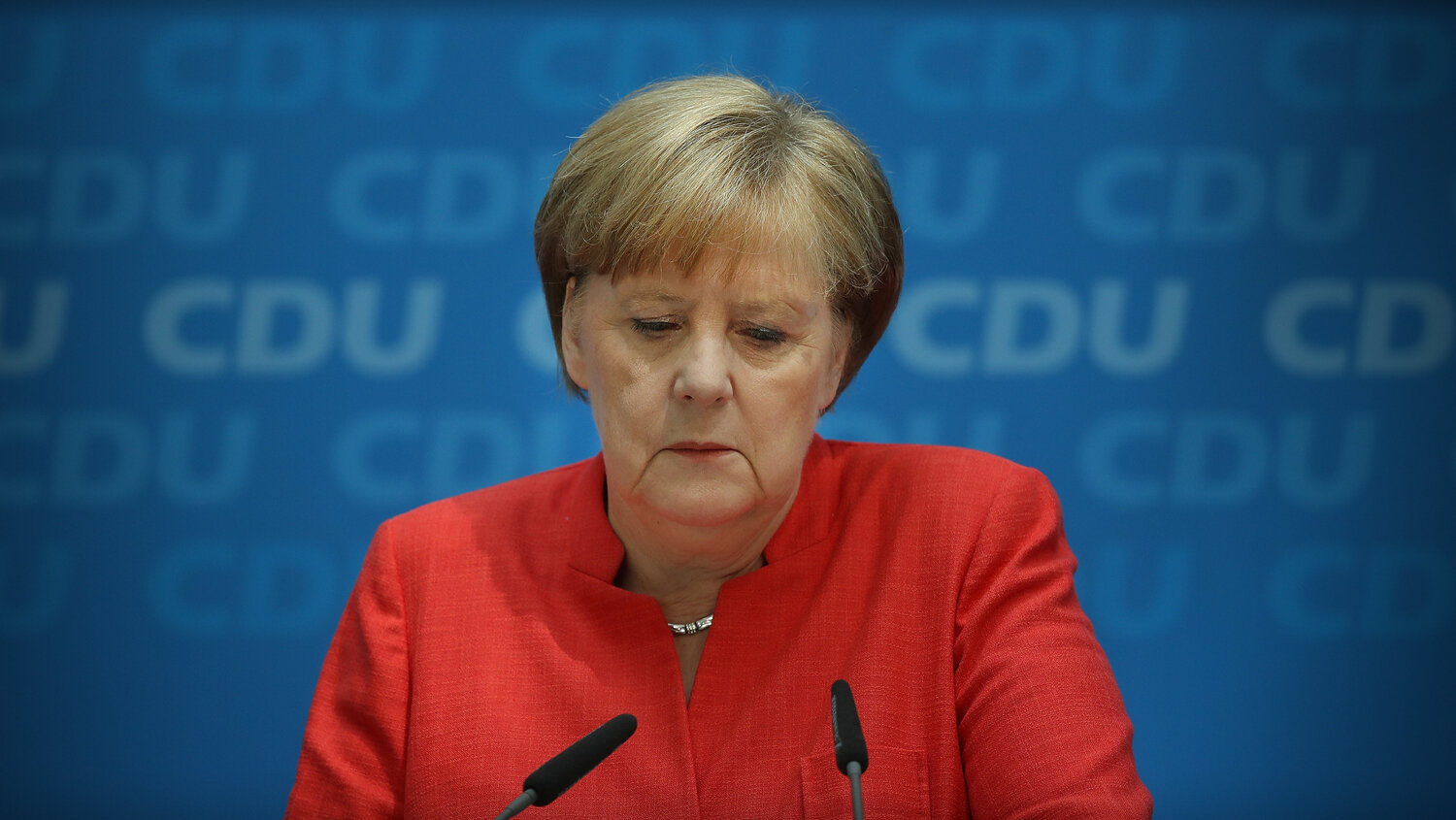The Bible tells us to expect a strong leader in Germany. The Trumpet has long watched for a strong German leader. In one of our earliest issues in 1991, Trumpet editor in chief Gerald Flurry wrote, “If a real crisis develops, will the Germans call for a new führer? Your Bible says that is going to happen! That crisis will probably be triggered by an economic collapse in the U.S.”
Daniel 11:21 describes how this man will come to power. The European people “shall not give” this strong man “the honour of the kingdom: but he shall come in peaceably, and obtain the kingdom by flatteries.” The Jamieson, Fausset and Brown Commentary says that “the nation shall not, by a public act, confer the kingdom on him, but he shall obtain it by artifice, ‘flattering.’” Barnes’ Notes on the Old and New Testaments states, “[I]n other words, it should not be conferred on him by any law or act of the nation, or in any regular succession or claim.”
“This man doesn’t come to power the honorable way—by being voted into office,” Mr. Flurry wrote in November 2002. “He takes it dishonorably! He will work behind the scenes and come to power by flatteries—not votes!” In a 2009 Key of David program, Mr. Flurry said this leader could “perhaps take advantage of a weak coalition.”
With that as our guide, we were quick to grasp the scale of the problem facing Germany. “Too many see the problem before Germany as simply a tricky election result,” I wrote last November. “If Ms. Merkel can find exactly the right compromises to create a coalition, then the problem is solved, they believe. It won’t be easy, but the solution is some clever negotiator. But this approach fails to ask, Why? Why this awkward result?”
Mainstream German political parties are collapsing. This collapse has major ramifications for all levels of German society.
One consequence is unstable coalitions. In the last parliament the cdu, csu and Social Democratic Party (sdp) formed a government together. They controlled 80 percent of seats in the German legislature. This time they control only 56 percent. That fact alone makes this coalition unstable: Just a handful of delegates can threaten to overthrow it. Seehofer’s ultimatum would have carried much less force in the last parliament. Ms. Merkel could have fired him, and even if his csu had rebelled, she could have kept ruling without it.
Because each mainstream party had historically bad election results, Merkel has only been able to eek out an unstable coalition with a small majority. Each party lost votes to parties that had been on the fringe of German politics. The csu lost votes to the more right-wing Alternative für Deutschland. The sdp lost votes to the Left and Green parties. To win those votes back, they have to refuse to compromise. Both have a strong incentive to shift toward the fringes—away from Merkel and the center.
This is a coalition built to lurch from crisis to crisis.
Germany now has the “weak coalition” that Mr. Flurry warned us to watch for almost 10 years ago.
The stage is set. This government went from calm to storm in just a week. Even if the seas calm again, the next storm is only a matter of time. The strongman the Trumpet has been watching for could emerge at any time.
For more information about that man and what the Bible says on German politics, read our free booklet A Strong German Leader Is Imminent.


No comments:
Post a Comment